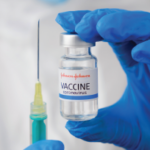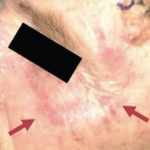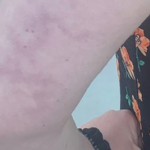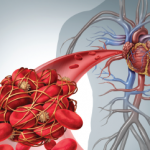In light of new challenges to individuals’ reproductive rights and the known challenges of clinical management of rheumatic disease patients during pregnancy, we review the current state of reproductive rheumatology and the management of patients with rheumatic disease during pregnancy.









